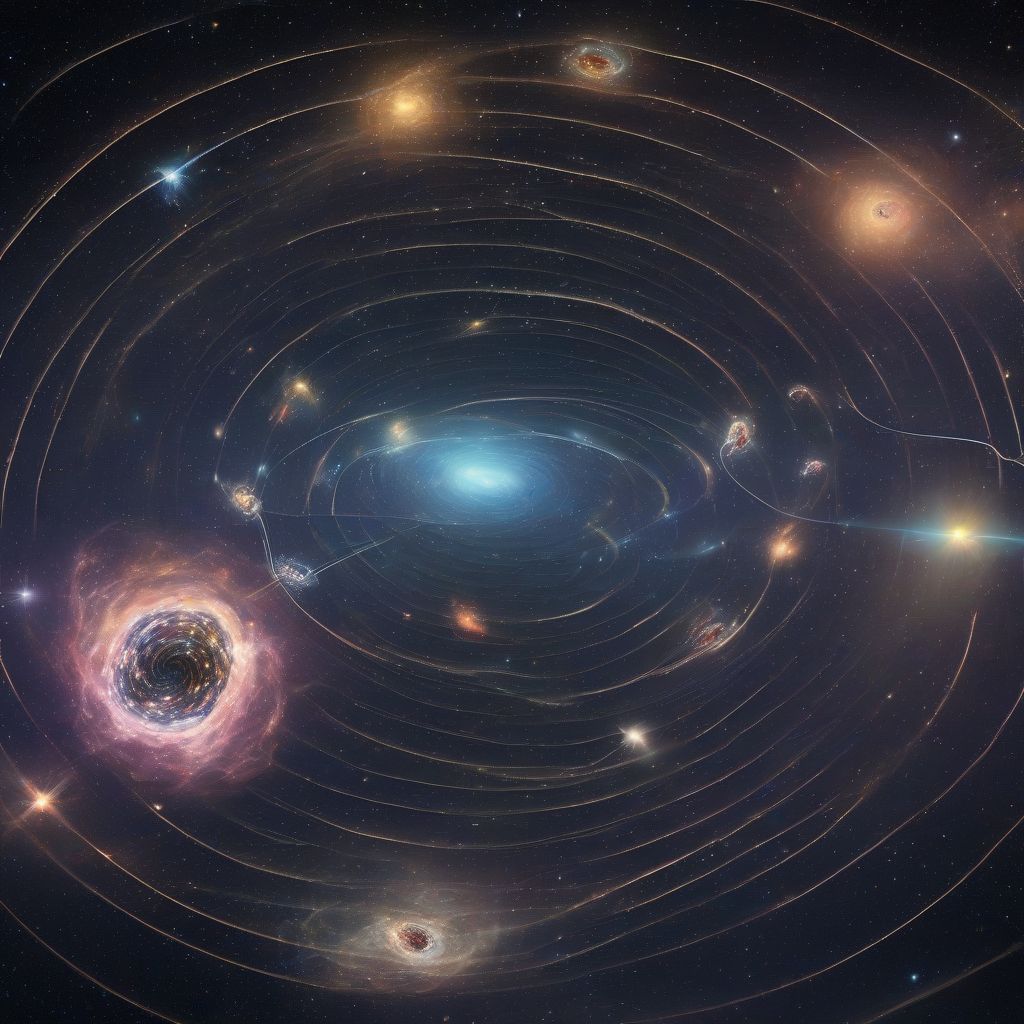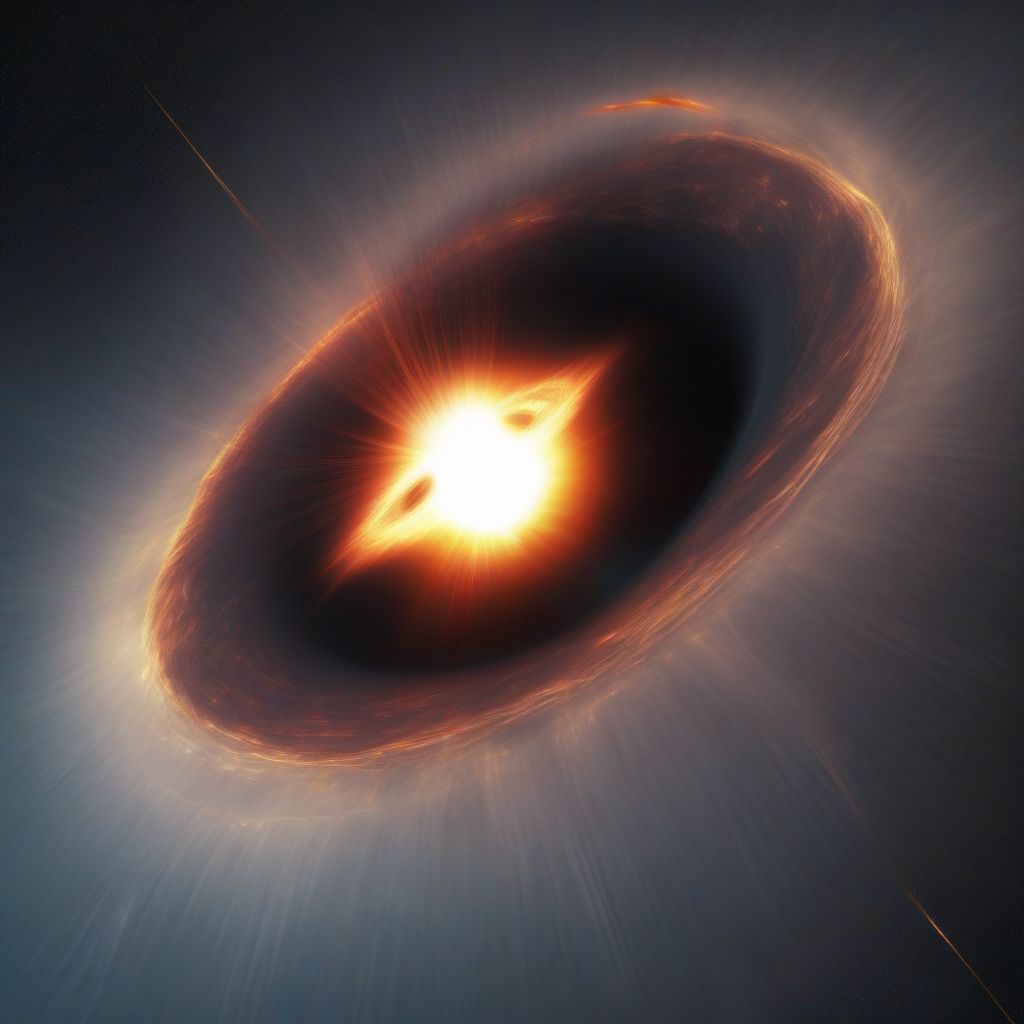Remember gazing at the night sky as a kid, mesmerized by the sheer vastness and mystery of it all? That sense of wonder never really leaves us, does it? The good news is, we live in a time of incredible discovery where our understanding of the universe is constantly being revolutionized.
Diving Deep into the Cosmic Unknown
For centuries, we relied on telescopes and mathematics to decipher the cosmos. Now, cutting-edge technology like space telescopes like Hubble and James Webb, along with sophisticated simulations, are revealing a universe stranger and more awe-inspiring than we ever imagined.
The Expanding Universe and Dark Energy: A Cosmic Mystery
We’ve known the universe is expanding since Edwin Hubble’s groundbreaking observations in the 1920s. But here’s the twist: the expansion is accelerating! This unexpected discovery led to the concept of dark energy, a mysterious force making up about 68% of the universe’s total energy density, pushing everything apart at an ever-increasing rate.
 The Expanding Universe
The Expanding Universe
[amazon bestseller=”The Expanding Universe”]
The Elusive Dark Matter: Holding Galaxies Together
While dark energy pushes things apart, dark matter acts as the cosmic glue. This invisible substance, making up about 27% of the universe, doesn’t emit, absorb, or reflect light, making it incredibly challenging to detect. Yet, its gravitational influence is evident in the rotation of galaxies and the way light bends around massive objects, suggesting a universe teeming with unseen matter.
Black Holes: Not Just Cosmic Vacuum Cleaners
Once confined to the realm of science fiction, black holes are now recognized as fundamental players in the cosmic drama. These regions of spacetime, with gravitational pull so intense that nothing, not even light, can escape, were once thought to be rare anomalies. Thanks to advancements in observational techniques, we now know supermassive black holes reside at the heart of most galaxies, including our own Milky Way, influencing the formation and evolution of stars around them.
 Black Hole with Accretion Disk
Black Hole with Accretion Disk
Exoplanets: Unveiling a Universe Teeming with Possibilities
The search for life beyond Earth has captivated humanity for generations. The discovery of exoplanets – planets orbiting stars outside our solar system – has been nothing short of revolutionary. Since the first confirmed detection in the 1990s, thousands of exoplanets have been identified, ranging from gas giants larger than Jupiter to rocky worlds potentially harboring liquid water – a key ingredient for life as we know it.
Gravitational Waves: Listening to the Symphony of the Cosmos
In 2015, scientists made an unprecedented observation: ripples in the fabric of spacetime known as gravitational waves. Predicted by Einstein’s theory of general relativity, these waves are generated by some of the most cataclysmic events in the universe, such as the collision of black holes or neutron stars. Their detection opened a new window into the cosmos, allowing us to “hear” events otherwise invisible to traditional telescopes, providing invaluable insights into the universe’s most energetic phenomena.
The Quest for Knowledge Continues
These groundbreaking discoveries are not just adding pieces to the cosmic puzzle; they’re forcing us to rethink the puzzle itself. We’re realizing how much we still don’t know, and that’s incredibly exciting!
As technology advances and our understanding deepens, we can expect even more astonishing revelations in the years to come. From unraveling the mysteries of dark matter and dark energy to potentially finding evidence of life beyond Earth, the future of our cosmic exploration is brimming with possibilities. One thing is certain: the universe is full of surprises, and the journey of discovery is far from over.
